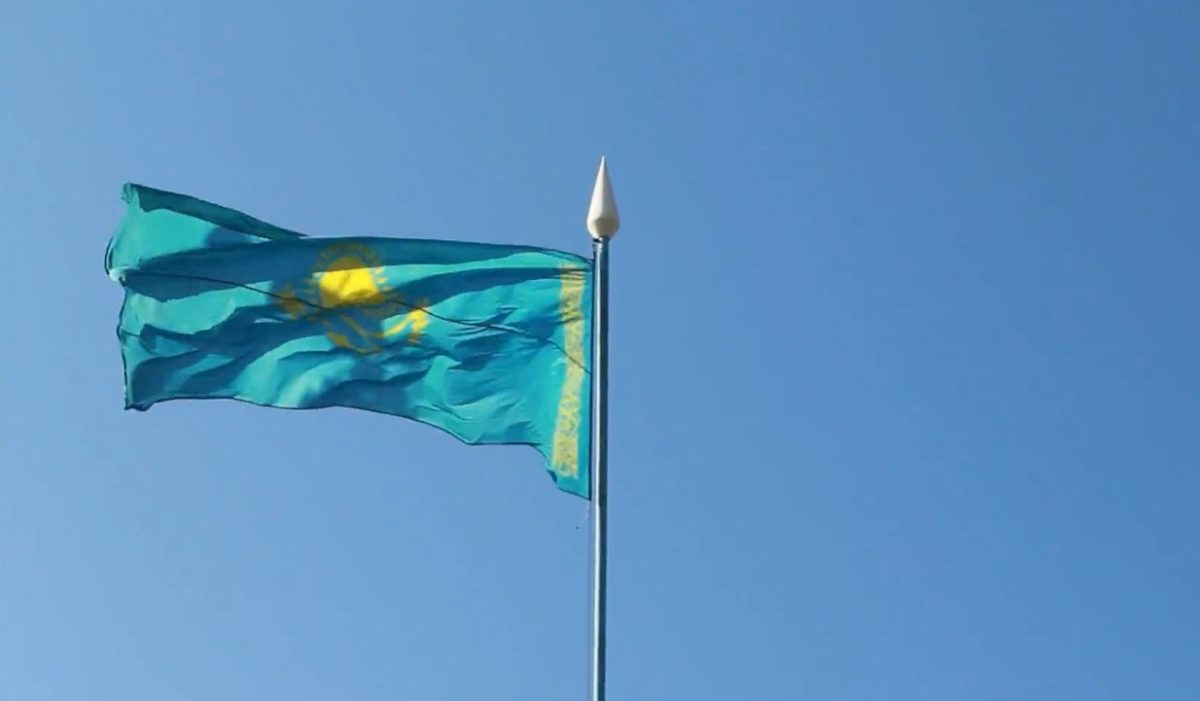Marking the sixth project under the bank’s ‘Renewable Framework’ strategy for the Central Asian country, EBRD has said it will provide Nomad Solar with an up to US$35 million tenge equivalent loan for the development of a PV project in the Kyzylorda region in southern central Kazakhstan.
“The respective loan and project support agreements have been signed today in Brussels,” said the bank in a statement released.
Nomad Solar LLP is a special purpose company, which has been incorporated in Kazakhstan and is co-owned by France-based Total Eren SA and United Arab Emirates company Access Infra Central Asia Ltd.
When complete, the project is expected to generate 28 MW of clean energy for the Kazakh market, and reduce CO2 by 47,800 tons. No further details were provided regarding timelines or equipment providers.
The EBRD, through the support of the Green Climate Fund, says it has invested 8.7$ billion in Kazakhstan to date.
Recent spike
The news aligns with the recent spike of foreign investment in the Kazakh energy market, supported through the financial and technical assistance of international bodies.
Indeed, a series of similar solar project contracts have been allocated this year to other solar firms, such as United Green Energy Ltd, giving a clear indicator of the Kazakh Energy Ministry’s support for foreign actors entering its newly developing green energy sector.
The creation of an online app for the mapping of Kazakh solar energy potential in May 2018 offers further encouraging signs to international markets of the government’s commitment to building cleaner energy sources as part of their development strategies, through reducing investment risk in this area.
Barriers
Kazakhstan had many internal barriers to the adoption of green energy, such as large oil reserves, cheap electricity prices, government subsidies for fossil fuels, a lack of technical knowledge and high investment costs.
However, after previously inefficient efforts at introducing feed-in tariffs, 2016 marked a policy shift with planned auction schemes for new sustainable energy projects being internationally announced. The second half of 2018 saw the realisation of this ambition.
Boasting a geographical area greater than that of the European Union, which is also sparsely populated, there is great potential for solar investment.
Adding to this opportunitiy is the International Energy Agency’s prediction that Kazakh energy demand will double by 2035.
By Ciaran MacDermott
This content is protected by copyright and may not be reused. If you want to cooperate with us and would like to reuse some of our content, please contact: editors@pv-magazine.com.



By submitting this form you agree to pv magazine using your data for the purposes of publishing your comment.
Your personal data will only be disclosed or otherwise transmitted to third parties for the purposes of spam filtering or if this is necessary for technical maintenance of the website. Any other transfer to third parties will not take place unless this is justified on the basis of applicable data protection regulations or if pv magazine is legally obliged to do so.
You may revoke this consent at any time with effect for the future, in which case your personal data will be deleted immediately. Otherwise, your data will be deleted if pv magazine has processed your request or the purpose of data storage is fulfilled.
Further information on data privacy can be found in our Data Protection Policy.